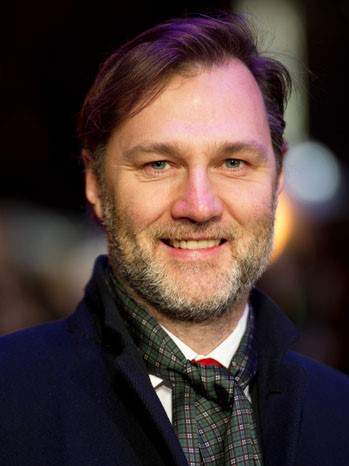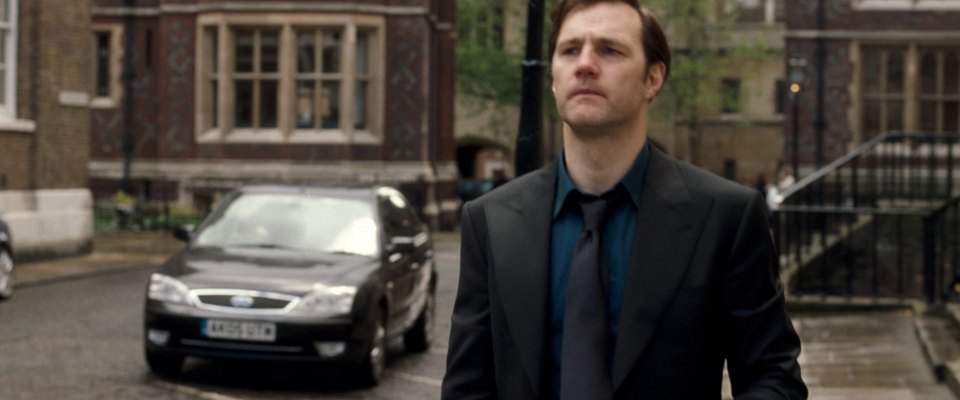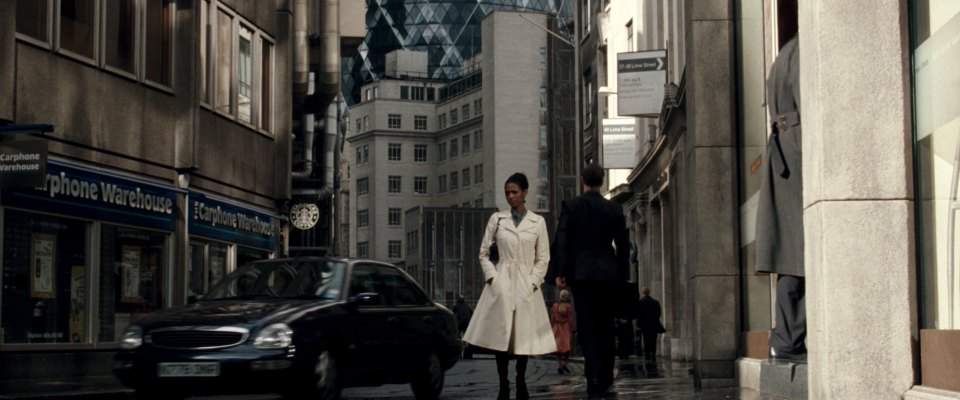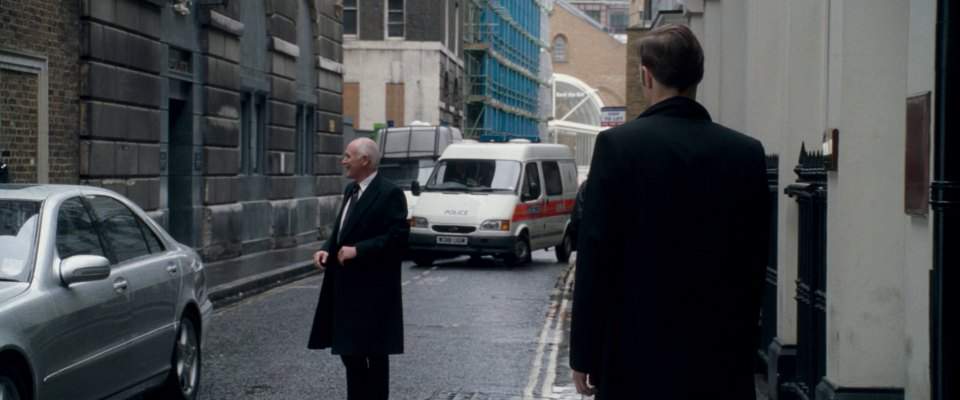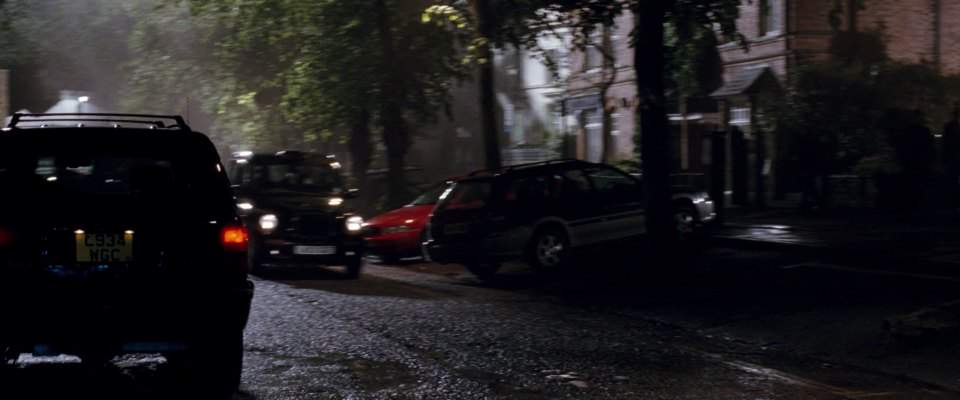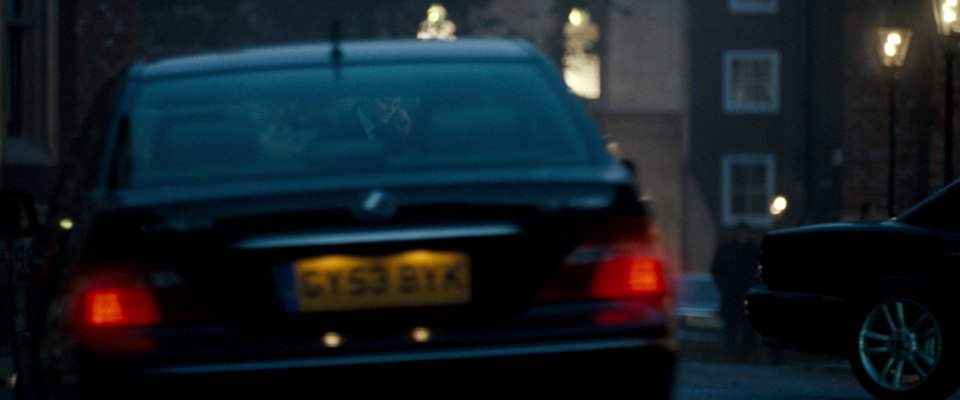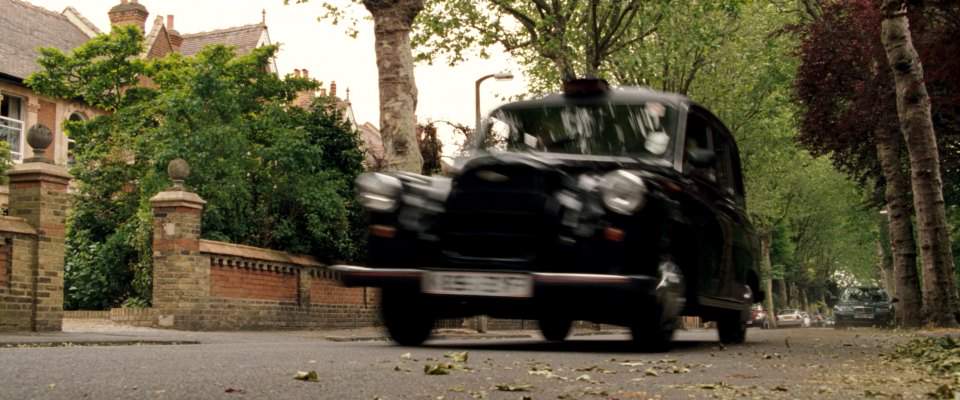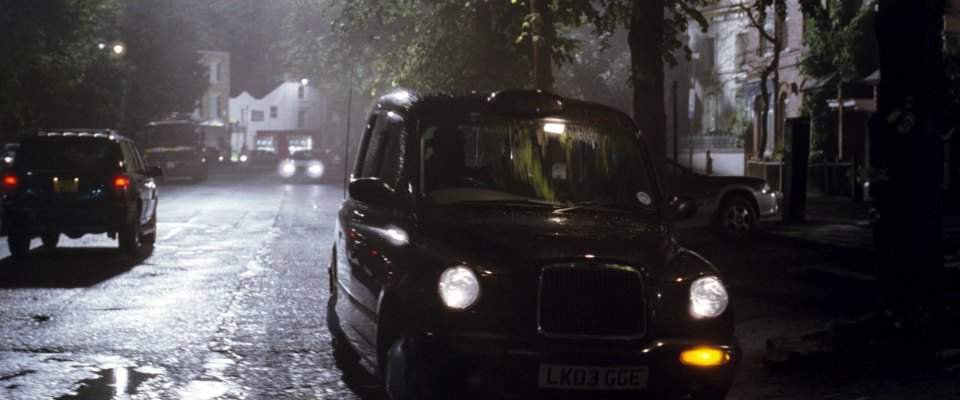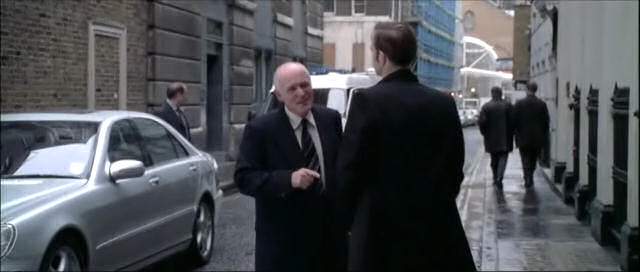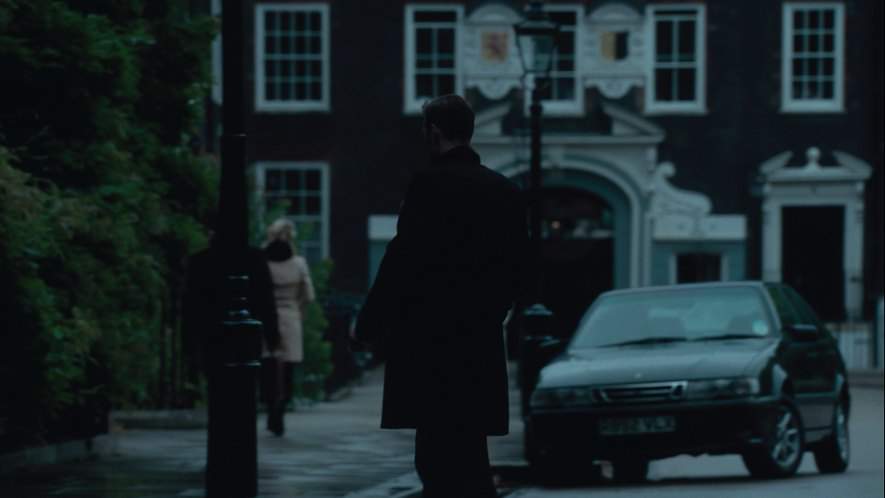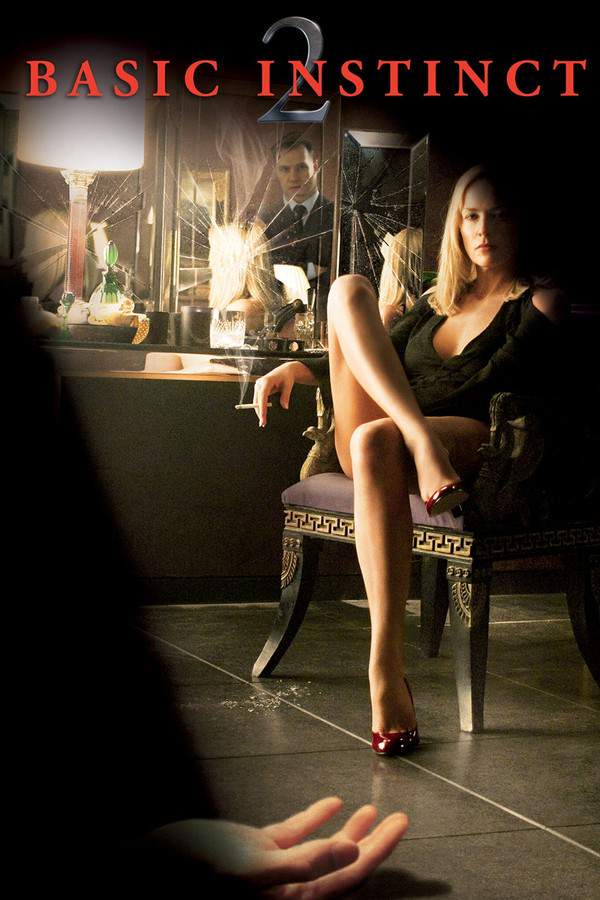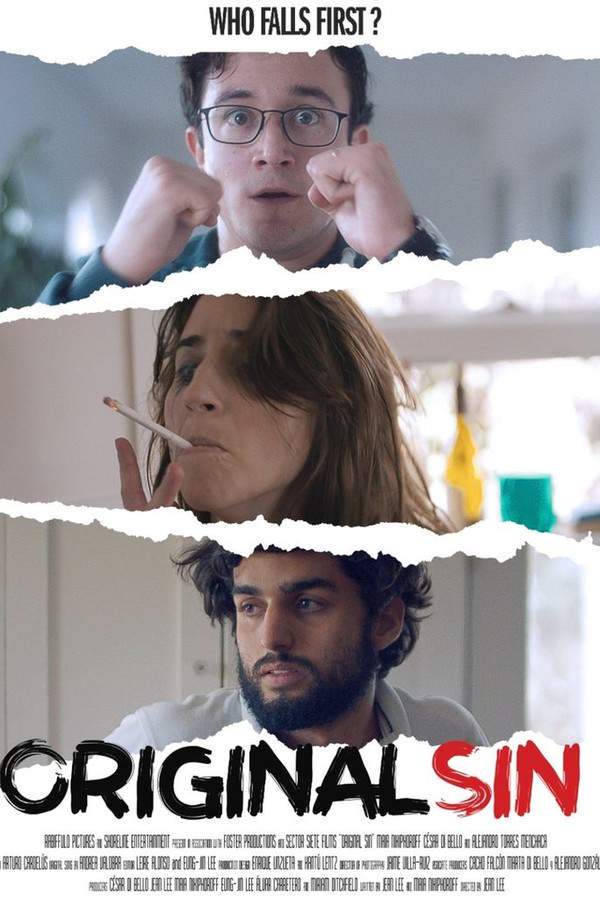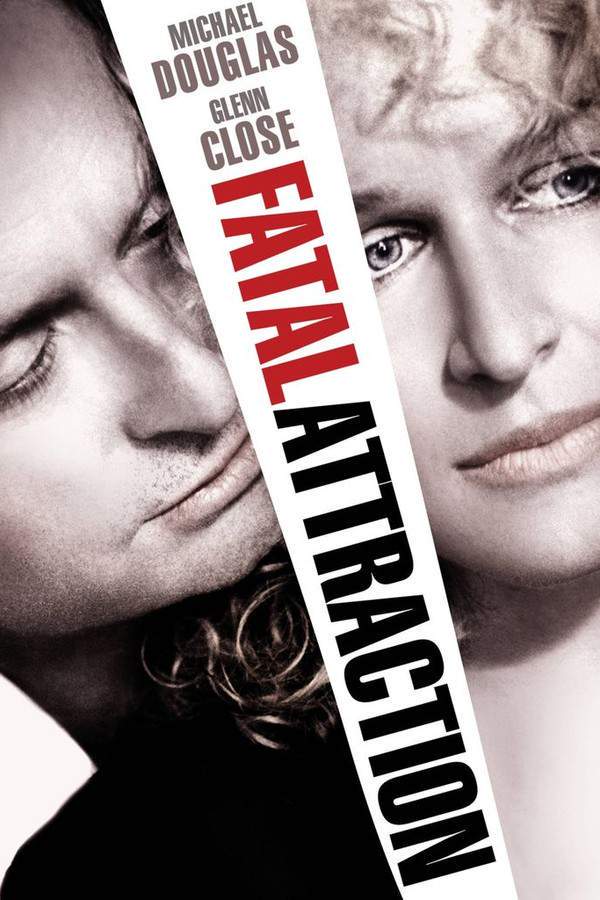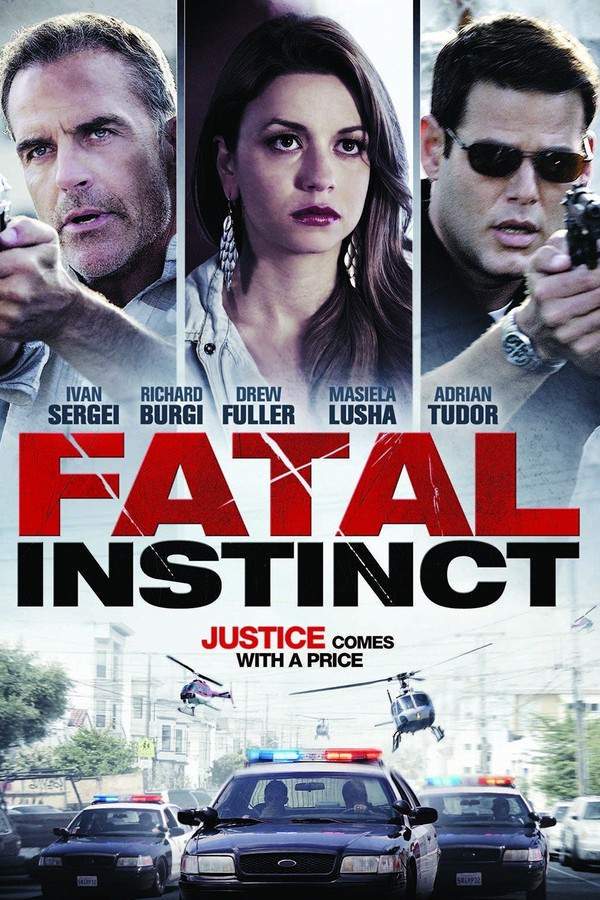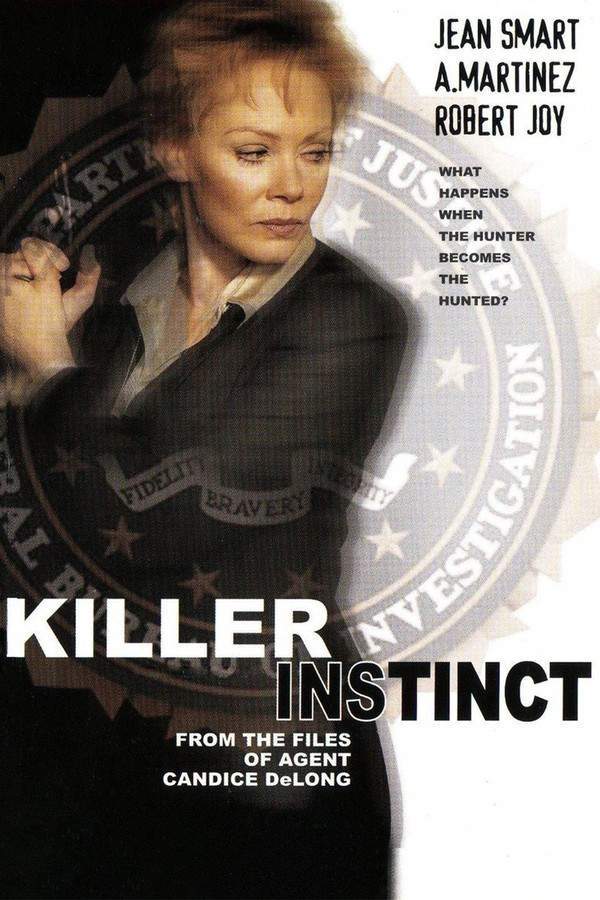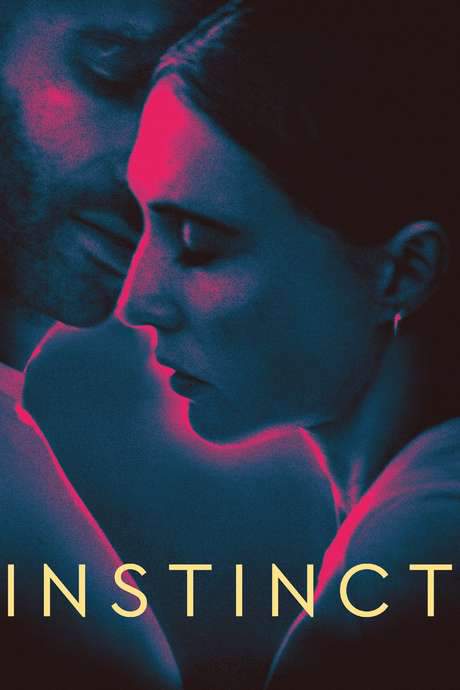Basic Instinct 2 2006
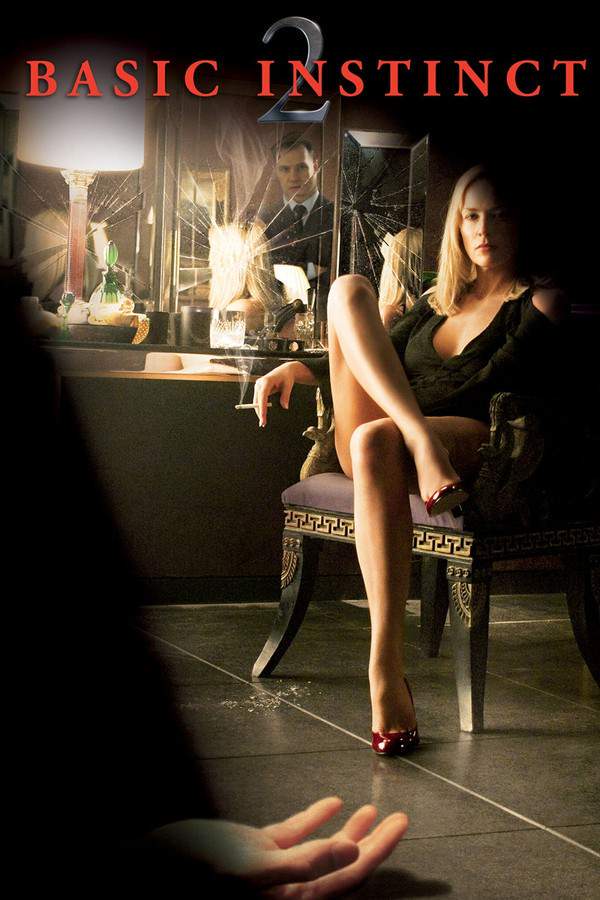
Renowned novelist Catherine Tramell becomes the focus of a Scotland Yard investigation, leading psychiatrist Dr. Michael Glass to be assigned to analyze her. As he attempts to understand her intricate personality, he finds himself increasingly drawn into a dangerous and deceptive game. Tramell's allure and cunning threaten Glass's professional objectivity and his own mental stability, blurring the lines between analyst and subject.
Does Basic Instinct 2 have end credit scenes?
No!
Basic Instinct 2 does not have end credit scenes. You can leave when the credits roll.
Meet the Full Cast and Actors of Basic Instinct 2
Explore the complete cast of Basic Instinct 2, including both lead and supporting actors. Learn who plays each character, discover their past roles and achievements, and find out what makes this ensemble cast stand out in the world of film and television.
External Links and Streaming Options
Discover where to watch Basic Instinct 2 online, including streaming platforms, rental options, and official sources. Compare reviews, ratings, and in-depth movie information across sites like IMDb, TMDb, Wikipedia or Rotten Tomatoes.
Ratings and Reviews for Basic Instinct 2
See how Basic Instinct 2 is rated across major platforms like IMDb, Metacritic, and TMDb. Compare audience scores and critic reviews to understand where Basic Instinct 2 stands among top-rated movies in its genre.

26
Metascore
4.3
User Score

4.4 /10
IMDb Rating

50
%
User Score
Take the Ultimate Basic Instinct 2 Movie Quiz
Challenge your knowledge of Basic Instinct 2 with this fun and interactive movie quiz. Test yourself on key plot points, iconic characters, hidden details, and memorable moments to see how well you really know the film.
Basic Instinct 2 Quiz: Test your knowledge about the twists and turns of 'Basic Instinct 2' and its intriguing characters.
Who is the main protagonist of 'Basic Instinct 2'?
Catherine Tramell
Dr. Michael Glass
Detective Roy Washburn
Kevin Franks
Show hint
Full Plot Summary and Ending Explained for Basic Instinct 2
Read the complete plot summary of Basic Instinct 2, including all major events, twists, and the full ending explained in detail. Explore key characters, themes, hidden meanings, and everything you need to understand the story from beginning to end.
Set in London, 15 years after the events of the original Basic Instinct, the story picks up with the accomplished American author Catherine Tramell (Sharon Stone) in a thrilling yet dangerous situation. She finds herself speeding recklessly in a car with her companion, Kevin Franks (Stan Collymore), a beloved English football star who is clearly inebriated and barely aware of his surroundings. As the tension escalates, Catherine provocatively uses his hand in an explicit act while pushing her car’s speed to the limit. Just as she reaches a peak of ecstasy, she loses control, crashing into the West India Docks in Canary Wharf.
In the aftermath, she struggles to save Kevin but is unable to free him from the seatbelt. As she escapes the wreckage and swims to safety, Kevin, now fully awake, is left in a state of shock. When questioned by authorities later, she indifferently states, > “When it came down to it, I guess my life was more important to me than his.”
The intriguing Detective Superintendent Roy Washburn (David Thewlis) from Scotland Yard begins to investigate the crash, uncovering unsettling evidence. A muscle relaxant, D-Tubocurarine, is discovered in her vehicle and in Kevin’s system, suggesting foul play since he was not breathing at the time of the accident. Catherine claims that he must have taken the drug during a party, but Detective Washburn sharply points out that the substance is not commonly used recreationally and would have resulted in Kevin’s inability to breathe.
Adding complexity to the narrative, Washburn reveals that a figure named “Dicky Pep” accused Catherine of purchasing DTC days before the incident. In a clever retort, she dismisses Dicky’s credibility, asserting he’s merely trying to negotiate his way out of legal trouble.
Catherine’s tumultuous journey continues as she embarks on therapy sessions with Dr. Michael Glass (David Morrissey), who has been assigned to evaluate her. As he gathers insights for his court testimony, it becomes apparent that he believes Catherine may be a narcissistic sociopath, unable to grasp the boundaries of morality. Catherine, on the other hand, reveals her disdain for monotony and her insatiable thirst for excitement, which she seems to derive from risky encounters with law enforcement as well as the judicial system.
Once released on bail, she turns her charms on Dr. Glass, engaging him in a psychological game that leaves him both fascinated and perplexed. Despite his initial desire to refer her to a colleague, she manipulates him into accepting her as a patient. Throughout their sessions, she tantalizingly implies she may be responsible for Kevin’s death while relishing in the time spent connecting with Dr. Glass, even bringing up her past with detective Nick Curran (the lead from the previous film).
As their professional relationship deepens, the façade of Glass’s life crumbles. He finds himself embroiled in chaos following his encounters with Catherine, struggling to maintain his personal and professional integrity. His alliances fade as he learns of sinister events surrounding him, including the mysterious death of his ex-wife’s partner, Adam Towers (Hugh Dancy), who was poised to unveil damaging truths about Glass.
Amid mounting tension, Catherine’s true manipulative nature begins to surface as evidence mounts against Glass himself. The narrative spirals toward a dramatic climax as multiple murders occur, including those of Dicky Pep and Denise, leaving bodies in the wake of Glass’s dangerous obsession with Catherine. Ultimately, Glass becomes unable to distinguish right from wrong, thrusting him into a dark abyss of suspicion and despair.
In a riveting confrontation in Catherine’s apartment, passions ignite and violent struggles ensue as Glass is pitted against both Catherine and the police. The chaotic turn leads to crucial revelations, including a novel draft titled The Analyst, which Catherine slyly presents to Glass, revealing that she has intricately woven their encounters into a story that would immortalize their chaos.
The film reaches its shocking conclusion in a mental hospital where Tramell visits Glass, revealing her master plan: she has driven him to commit the very murders that now haunt him. With a devious smile, she leaves him trapped in his turmoil, a mere pawn in her malevolent game, embodying the essence of her manipulative prowess. Glass is left reflecting in silent rage as Catherine walks away, encapsulated by her victory once more.
Uncover the Details: Timeline, Characters, Themes, and Beyond!

Coming soon on iOS and Android
The Plot Explained Mobile App
From blockbusters to hidden gems — dive into movie stories anytime, anywhere. Save your favorites, discover plots faster, and never miss a twist again.
Sign up to be the first to know when we launch. Your email stays private — always.
Watch Trailers, Clips & Behind-the-Scenes for Basic Instinct 2
Watch official trailers, exclusive clips, cast interviews, and behind-the-scenes footage from Basic Instinct 2. Dive deeper into the making of the film, its standout moments, and key production insights.
Cars Featured in Basic Instinct 2
Explore all cars featured in Basic Instinct 2, including their makes, models, scenes they appear in, and their significance to the plot. A must-read for car enthusiasts and movie buffs alike.
Basic Instinct 2 Themes and Keywords
Discover the central themes, ideas, and keywords that define the movie’s story, tone, and message. Analyze the film’s deeper meanings, genre influences, and recurring concepts.
Basic Instinct 2 Other Names and Titles
Explore the various alternative titles, translations, and other names used for Basic Instinct 2 across different regions and languages. Understand how the film is marketed and recognized worldwide.
Similar Movies To Basic Instinct 2 You Should Know About
Browse a curated list of movies similar in genre, tone, characters, or story structure. Discover new titles like the one you're watching, perfect for fans of related plots, vibes, or cinematic styles.
Quick Links: Summary, Cast, Ratings, More

What's After the Movie?
Not sure whether to stay after the credits? Find out!
Explore Our Movie Platform
New Movie Releases (2026)
Famous Movie Actors
Top Film Production Studios
Movie Plot Summaries & Endings
Major Movie Awards & Winners
Best Concert Films & Music Documentaries
Movie Collections and Curated Lists
© 2026 What's After the Movie. All rights reserved.






